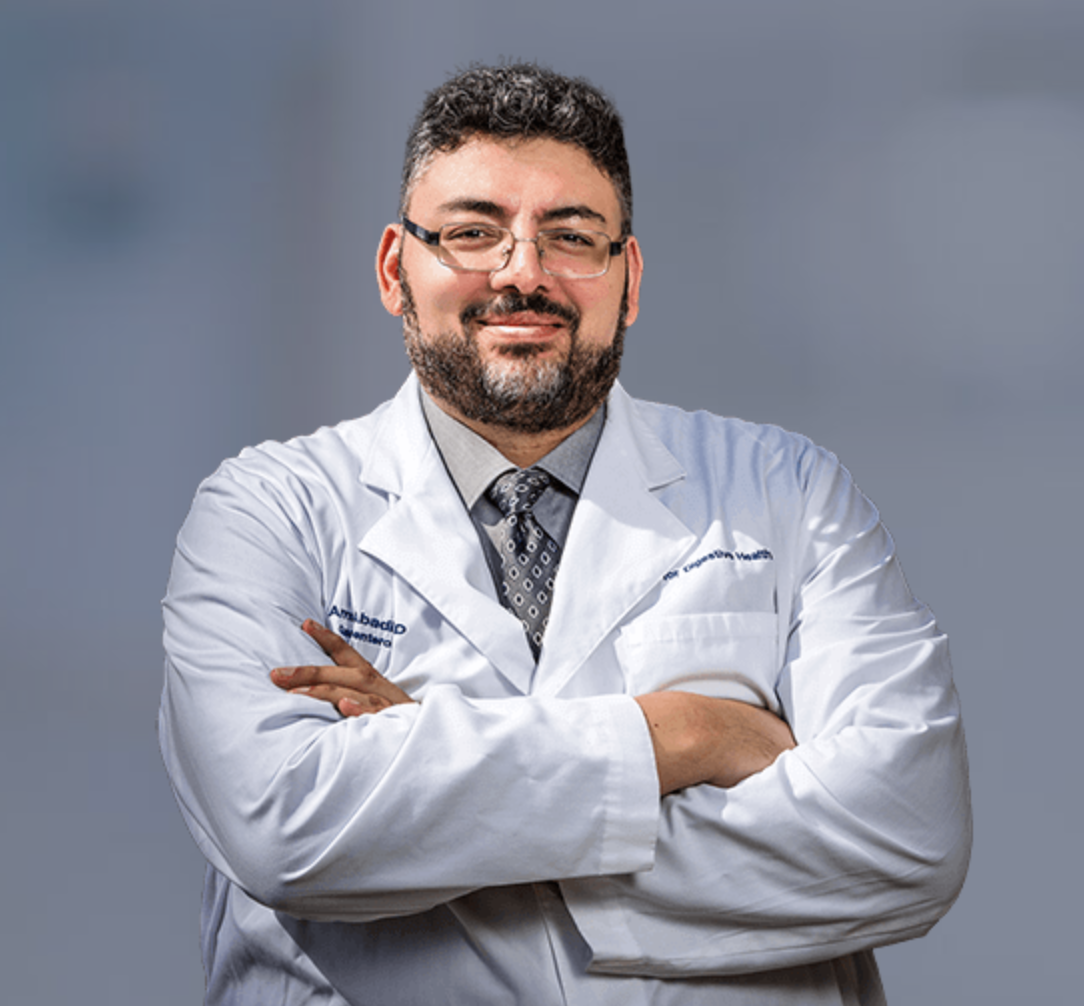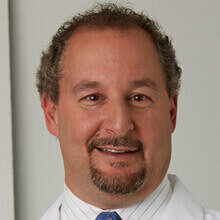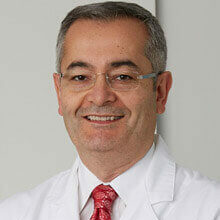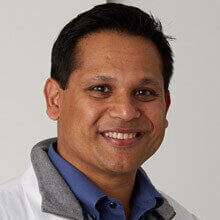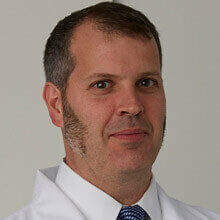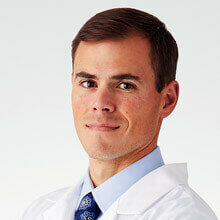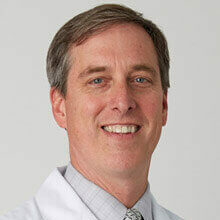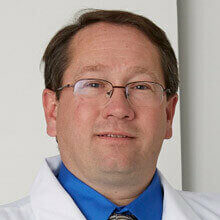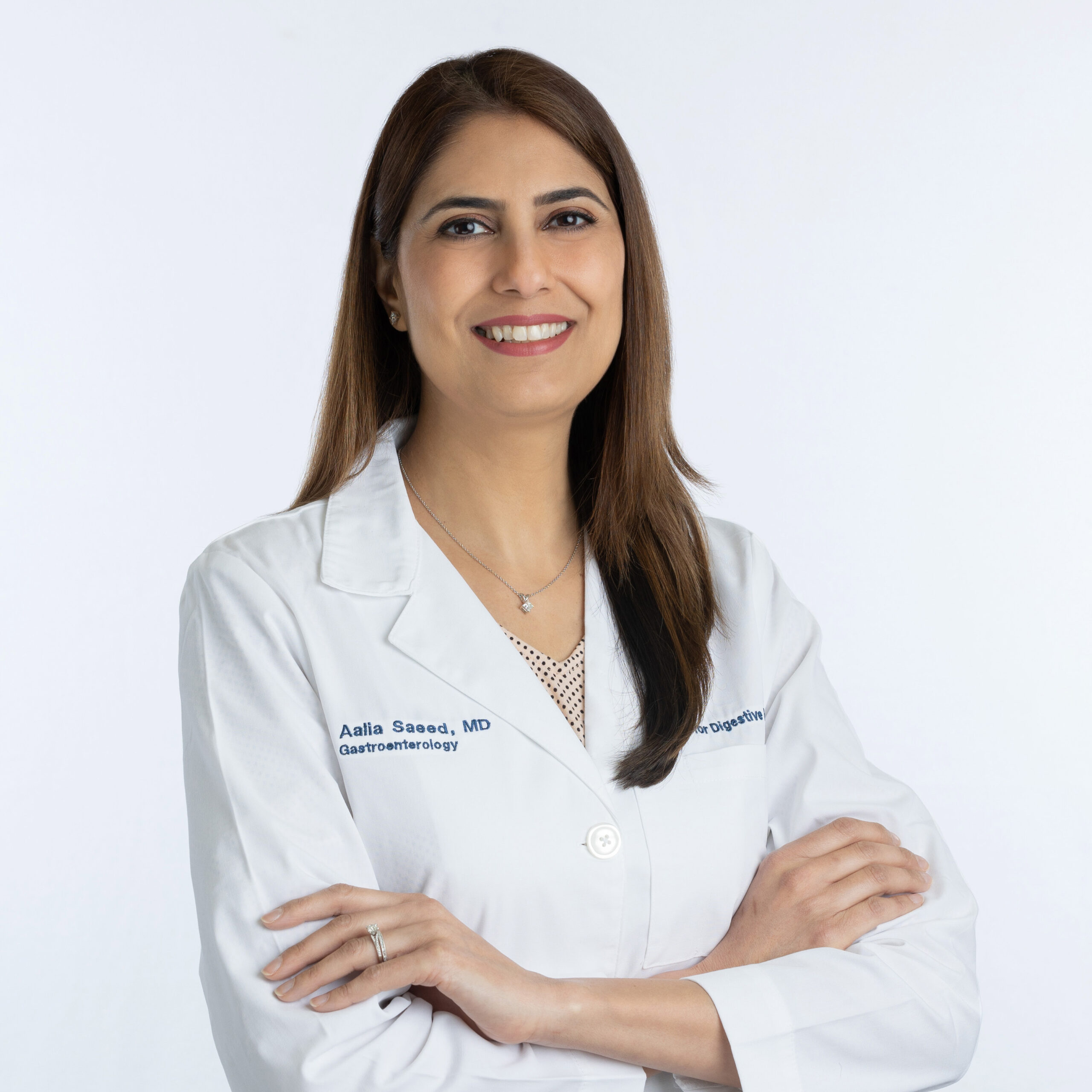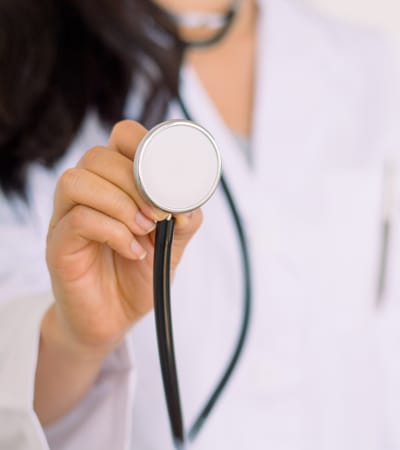Overview
Gastroesophageal reflux disease, referred to as GERD, is a condition that causes stomach acid to flow back through the esophagus, which is the tube that connects the mouth and the stomach. When stomach acid flows back through the esophagus, it is called acid reflux, and this can cause irritation to the lining of the esophagus.
Occasional acid reflux is common and typically does not mean a person has GERD. On the other hand, someone with GERD experiences mild acid reflux at least two times per week, or a moderate to severe bout of reflux at least once weekly.
In most cases, lifestyle changes and over-the-counter medications can improve GERD symptoms. People who have a more severe case of GERD may require prescription medications or surgery.
Applicable Procedures
EGD
What causes GERD?
There is a band of muscle at the bottom of the esophagus called the esophageal sphincter, and it typically relaxes to allow food to pass into the stomach, and then closes again. GERD occurs when the muscle becomes weak and allows food to flow back up into the esophagus. Certain risk factors, such as obesity, hernia, smoking, eating large meals too late in the evening, or drinking coffee can cause or aggravate GERD. Pregnant women may also be more likely to experience GERD.
Is GERD dangerous?
Mild GERD may be manageable, but over time, more severe cases of GERD can cause damage to the esophagus, leading to scar tissue and difficulty swallowing food. GERD can also lead to complications such as open sores that make it painful to swallow. In some cases, GERD can cause changes in cells of the esophagus, which leads to a condition called Barrett’s esophagus and can increase the risk of cancer.
Should I see a doctor for GERD?
If you have occasional bouts of acid reflux that improve with medication, it may not be necessary to consult with a doctor. On the other hand, if you have severe reflux symptoms or feel the need to take over-the-counter heartburn medications more than two times per week, you should consult with a doctor so you can receive proper treatment and prevent complications from GERD. A doctor can prescribe medications, or in some cases, recommend surgery. It is also helpful to understand that while chest pain can sometimes be a sign of GERD, you should receive immediate medical attention if you have chest pain, as it can be a sign of heart attack.
Common Symptoms
- “Soon after eating, I feel a burning sensation in my chest, and it is worse at night.”
- “When I have an episode of GERD, I get a sour taste in my mouth and have trouble swallowing.”
- “Sometimes I feel as if I have a lump in my throat, and I seem to regurgitate the food I have just eaten.”



